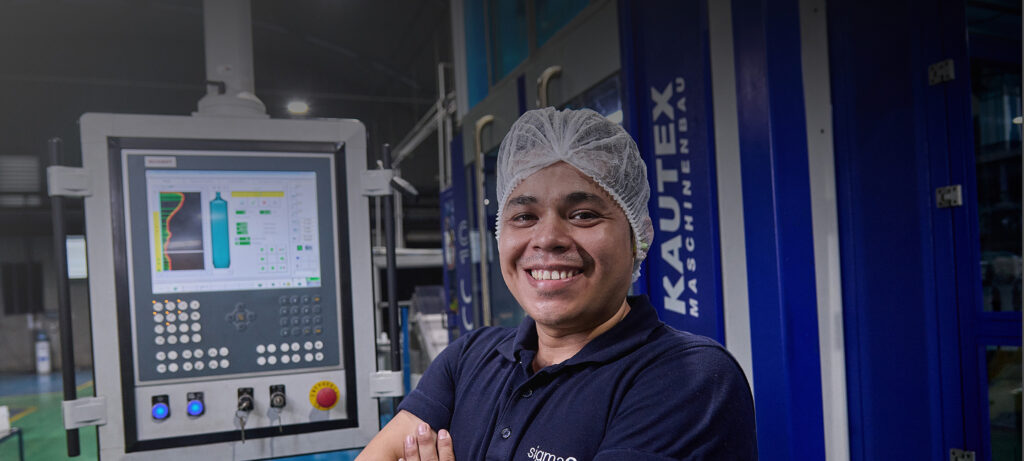Editor’s note: “Mylar” is a registered trademark of Teijin DuPont Films, a global manufacturer of polyester films.
With the emerging popularity of high-barrier flexible packaging , analysts expect the global Mylar market to grow from about $11 billion in 2022 to nearly $18 billion by 2029.
This growth is partly due to businesses using Mylar packaging to resist temperature fluctuations and oxygen or water vapor intrusion, which lead to product damage and revenue loss.
Let’s examine how Mylar layers within customized flexible packaging optimize product durability and freshness.
Mylar: A practical PET packaging solution
Mylar is one of the many useful packaging solutions made from polyethylene terephthalate (PET) – a durable, lightweight form of polyester.
Mylar is made by stretching PET, then applying a thin layer of metal (usually aluminum). The metallization process gives Mylar a distinctive and appealing reflective appearance and increases its barrier properties. This enhancement significantly reduces the film’s permeability to light, water, and oxygen, thereby extending the shelf life of the product inside.
When used in premium flexible packaging, such as standup pouches/doypacks , bags , or sachets , metallized layers also improve the thermal insulation for heat protection and increase durability to improve long-term transport and storage.
Eco-friendly packaging and sustainability
As sustainability initiatives become top priorities for businesses and regulators, organizations are rethinking their packaging options.
PET layers are recyclable under specific conditions, but when combined with other materials they require chemical recycling. Protective PET layers like Mylar also reduce the need for preservatives and supplementary packaging, reducing carbon emissions and food waste.
Packaging producers often combine Mylar with other eco-friendly materials to further advance sustainability initiatives. Examples include:
- Bioplastics – Made from sustainable biomass sources
- Polylactic acid (PLA) – A type of bioplastic that is compostable and biodegradable
- Recycled cardboard and paper – Reduce packaging waste and carbon footprints
- Biodegradable film – A high-quality, compostable option that decomposes
Mylar in different types of flexible packaging
Due to Mylar’s protective properties and flexibility, numerous industries extensively use custom Mylar bags, pouches , lids , and sachets. These are the most prevalent examples:
Food & Beverage and Pet Products
Mylar ensures food freshness, extends shelf life, and shields against light, moisture, and oxygen.
Pharmaceuticals
Mylar’s ability to protect against chemicals, moisture, and oxygen is essential in preserving medicines .
Electronics
Mylar insulates against electrostatic discharge, dust, and other contaminants.
Agriculture
High-quality Mylar bags shield seeds, grains, and other produce from moisture, pests, and ultraviolet light.
Cosmetics
Mylar’s durability and high-quality print accommodation make it ideal for cosmetic packaging.
SigmaQ will help you design your packaging to suit your product perfectly
From Mylar pouches to polyethylene bags , SigmaQ specializes in high-quality, customized flexible packaging solutions. Our experts provide unequaled technical support to prevent downtime, save money, and maintain the most consistent results. We regularly assist in selecting the most suitable materials to optimize your packing methods and product contents.


